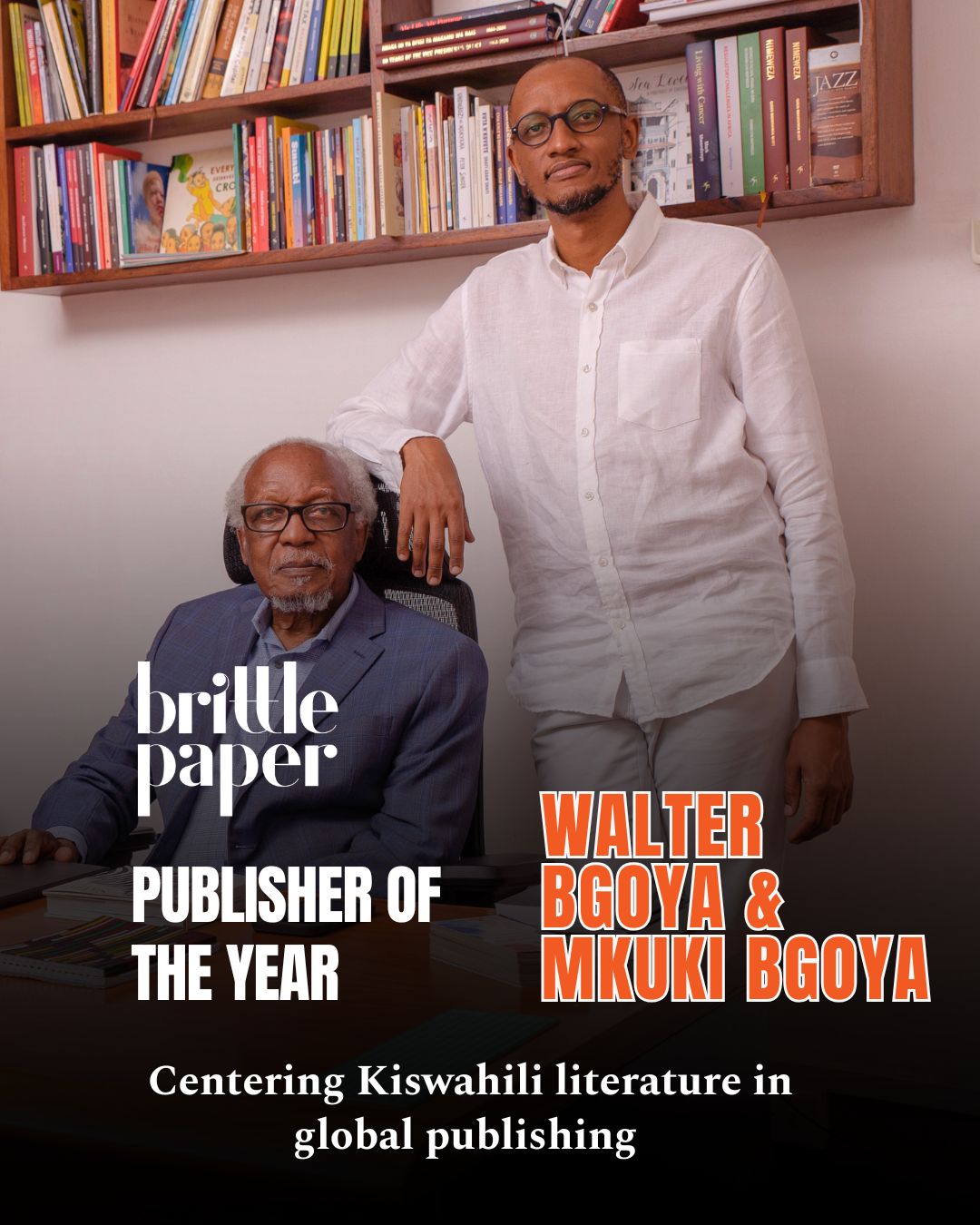
We are thrilled to name Mkuki na Nyota Brittle Paper’s 2024 Publisher of the Year. The Tanzania-based publishing house was founded by Walter Bgoya who also served as the managing editor until handing the reins over to his son Mkuki Bgoya following his recent retirement. With this award, we celebrate Mkuki na Nyota’s commitment to making space for African language literature to thrive.
Mkuki na Nyota is redefining what it means to center African languages in publishing. At a time when many indigenous languages struggle to compete in a global media landscape dominated by English, Mkuki na Nyota has made a deliberate commitment to Kiswahili literature. Over the past decade, they have consistently released 30–40 titles annually, with one record-breaking year seeing the publication of 60 books. Their catalog spans fiction, non-fiction, and children’s literature.
Yet, it is worth asking why Mkuki na Nyota has chosen to focus on Kiswahili—a choice that comes with its own set of challenges in a publishing world largely built on the dominance of English. From our conversation with founder Walter Bgoya, it is clear that publishing is not just a business but a cultural and political force. The inspiration behind Mkuki na Nyota lies in a lifelong understanding of the deep connection between liberation and language.
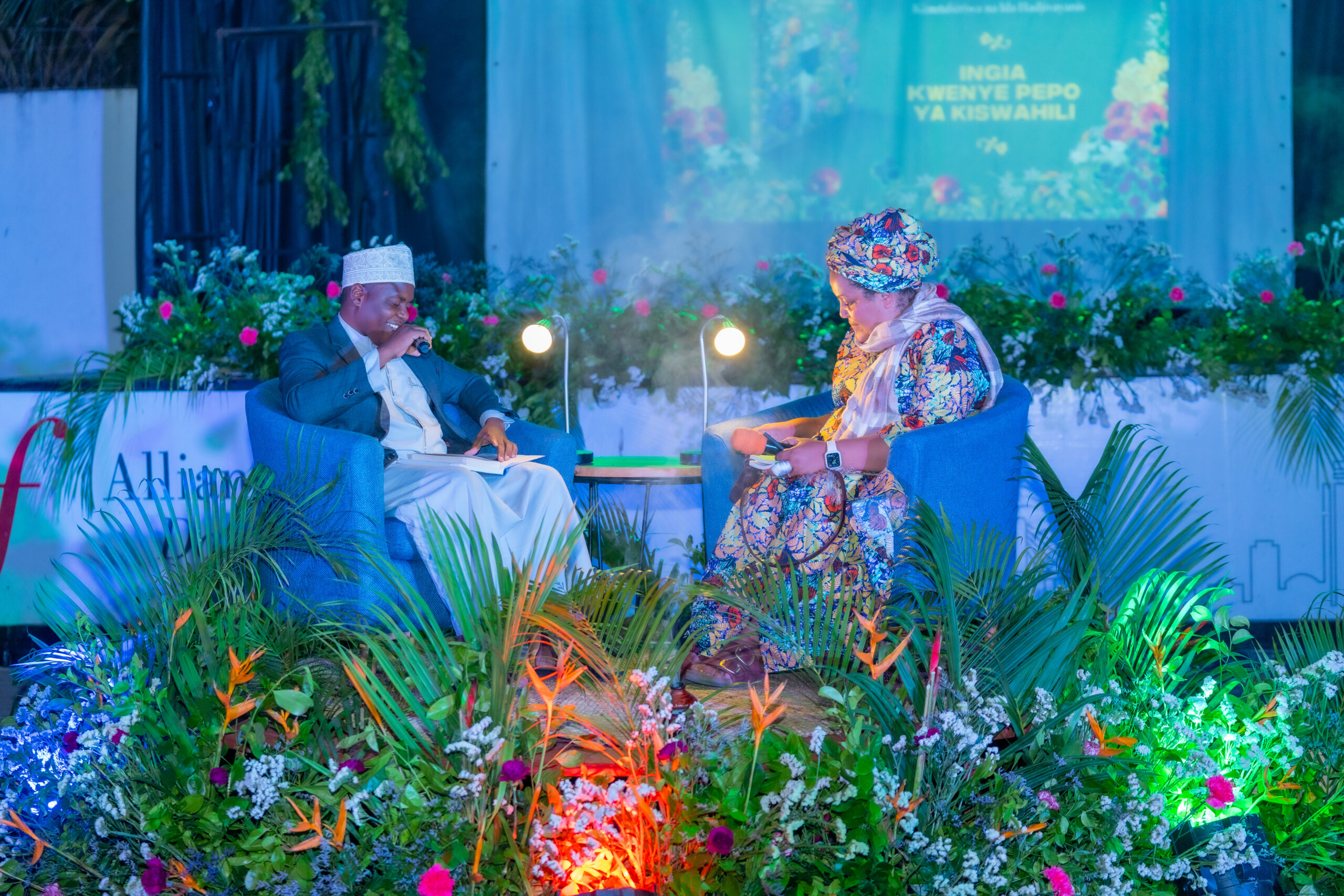
Bgoya was born in Ngara, a town in the Kagera Region, in 1942. He grew up in a feudal society under British colonial rule, surrounded by the complexities of class and power. His parents, though of peasant origin, owned substantial land, with his mother managing the fields and often hiring help from less fortunate community members. His father, one of the few educated men in the area, worked as an agricultural instructor and set an example of responsibility and leadership.
In 1961, Bgoya left for the United States to attend university, where he encountered a racially divided campus and became involved in the civil rights movement. These years sharpened his political awareness and fueled his commitment to justice. When he returned to Tanzania, he joined the Foreign Affairs Ministry and spent seven years supporting African liberation movements through the OAU Liberation Committee. He worked closely with freedom fighters in Southern Africa and supported anti-imperialist movements across the globe.
But diplomacy had its limits. Frustrated by the rigid protocols and bureaucracy, Bgoya left the ministry in 1972, searching for a more direct way to make an impact. By 1981, he found that path in publishing. Mkuki na Nyota became a natural extension of his activism—a way to amplify voices, share knowledge, and continue the fight for African liberation and intellectual freedom. Bgoya’s work has always been rooted in a belief that books are powerful tools for change, and that commitment has made Mkuki na Nyota a driving force in African publishing.
“I…wanted to publish books that exposed the existence of exploitative colonial and neo-colonial structures that made our countries’ independence illusory. African intellectuals have a responsibility to raise awareness of the poverty of politics in our countries that align with foreign interests to the disadvantage of our people. I dedicated my energies to this task, not only in, and for my own country but also for the wider Pan-African world.”
He founded Mkuki na Nyota because he recognized that books can open minds and also to address the gap that existed in the publishing of locally produced progressive literature in scholarly and other genres, especially those by young writers working in fiction, poetry, and art.
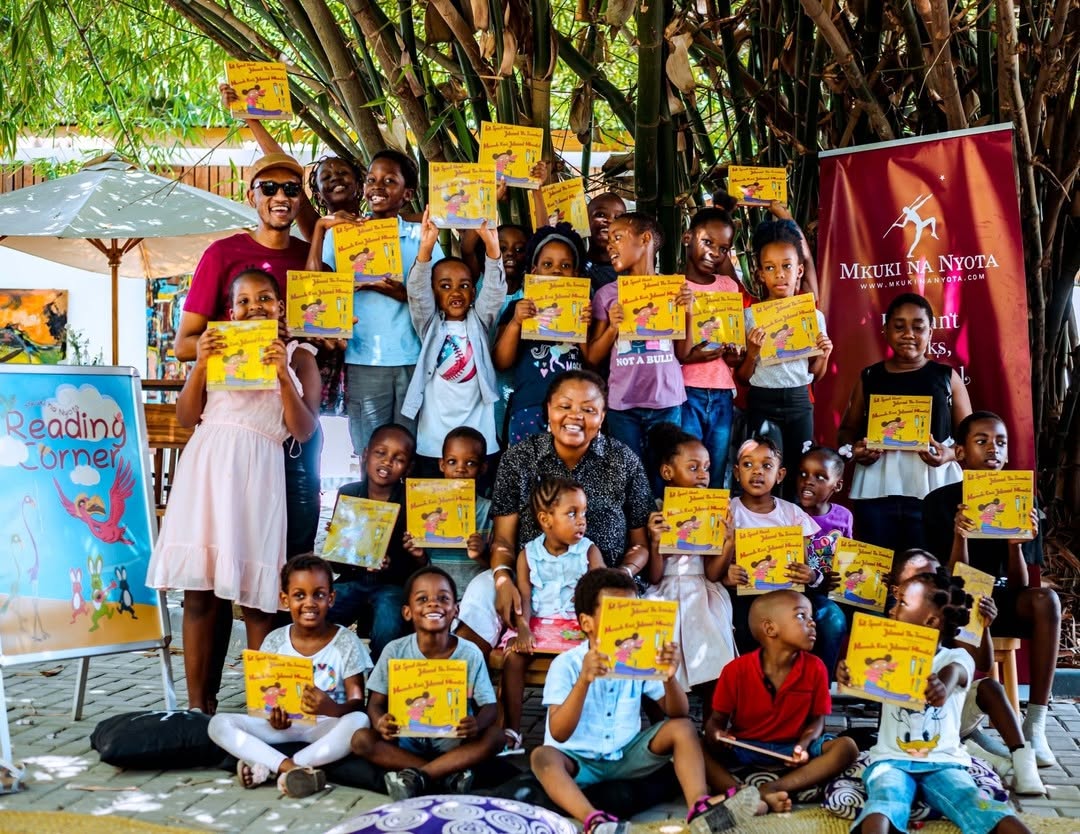
The founding of Mkuki na Nyota in the early 1980s also marked an important shift in African literature. At the time, most publishing across the continent—around 95%, as Walter Bgoya points out—was focused on educational books, especially primary and secondary school textbooks. “Textbooks are the only ones with a secure market because of government’s and parents’ high interest in education,” Bgoya explains. But he wanted to do something different. For him, textbooks represented “a straightjacket—the curriculum and syllabus.” Instead, he wanted to publish books that “allowed diversity of ideas and tastes… books that questioned the systems that kept our countries and peoples in poverty and misery.” By focusing on progressive literature and literary fiction, Mkuki na Nyota broke away from the educational publishing norm to champion a space that prioritized the literary arts of writing and storytelling.
To publish books that embrace a diversity of ideas, Mkuki na Nyota has had to remain fiercely independent. Financial challenges like a small reading market, high production costs, and limited book distribution infrastructure have made this no small feat. They’ve managed to sustain themselves over the years with a dedicated team of about 30 people, supported occasionally by grants. Innovation has also been key to their success. By using print-on-demand technology, specifically the Espresso Book Machine, they’ve been able to cut overhead costs, avoid the steep upfront expenses of traditional printing, and respond quickly to publication demands. On top of that, they’ve made design a priority and are known for creating books that are not only enjoyable to read but also visually striking.
Mkuki na Nyota works hard to create spaces and opportunities in developing a culture of reading in Tanzania. They have an on-going partnership with the Safal Kiswahili Prize for African Writing and have been named Best Children’s Publisher from Africa by the Bologna Children’s Book Fair. Mkuki na Nyota has also had the opportunity to publish outstanding projects, such as the multi-volume SADC Hashim Mbita Project on Liberation Struggles in Southern Africa, 1960 -1994, Kiswahili translations of Plato’s The Republic and Nobel Laureate Abdulrazak Gurnah’s magnum opus Paradise. They recently launched Digidigi, a dedicated audio platform for immersive storytelling experience.
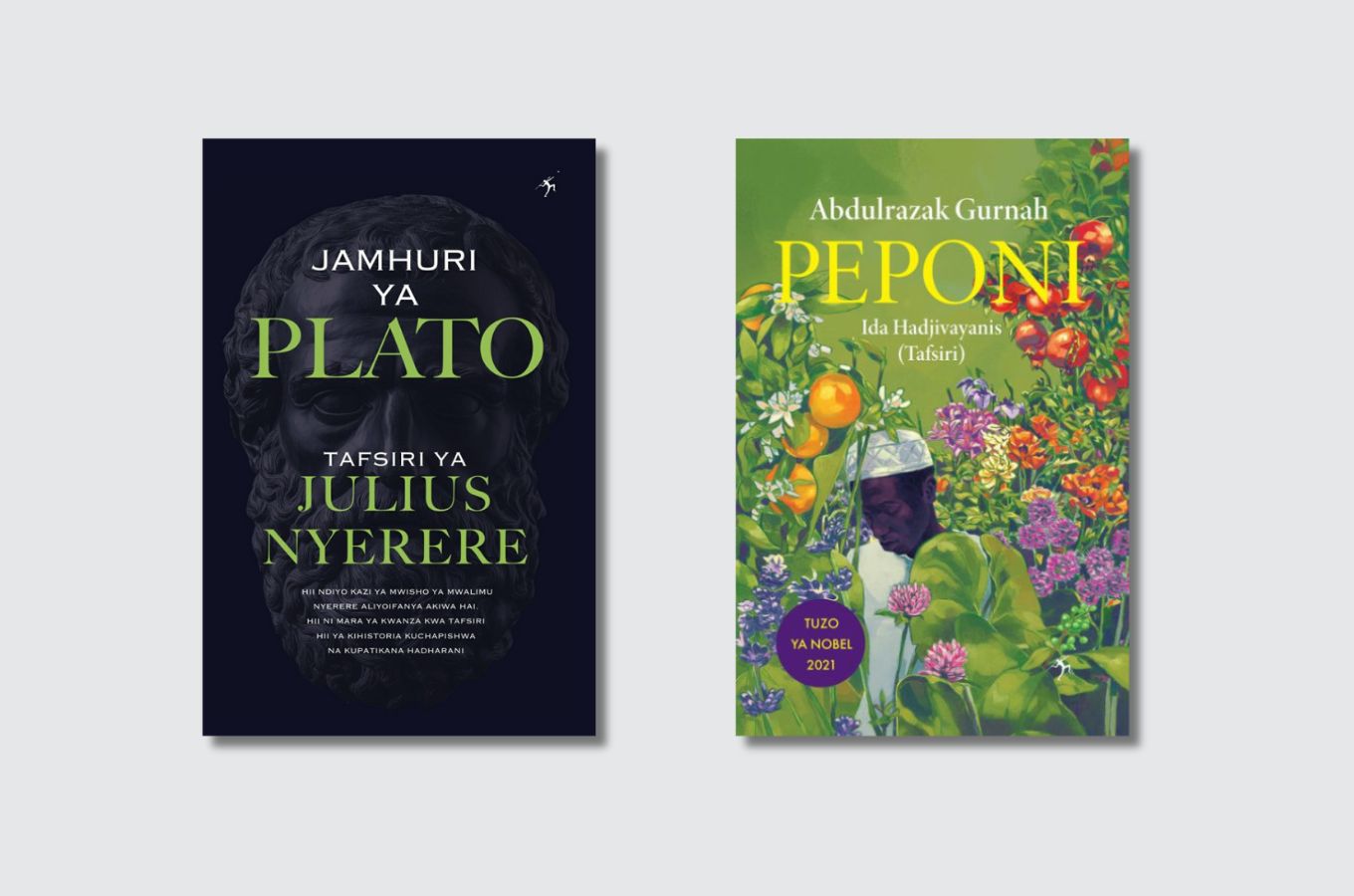
Mukoma wa Ngugi, professor of literature at Cornell University, highlights the role Mkuki na Nyota plays within the global African publishing ecosystem.
Mkuki Na Nyota is a main pillar on this literary ecosystem. They are dedicated to producing books that are beautiful in the inside and outside. I know this because for almost a decade they have been publishing Safal Kiswahili Prize for African Writing that I co-founded with Dr Lizzy Attree in 2014. The prize itself is funded by the East African roofing company the group Safal, pillars in what can only be termed African philanthropy for African cultures. None of this would matter without Mkuki Na Nyota publishers who are more than publishers because they are in the Pan – African struggle.
Expanding their Kiswahili titles is one of Mkuki na Nyota’s goals for their future. Additionally, they hope to contribute to the emergence of more African language publishing houses. Of course it is reaching readers that brings the most Bgoya the most satisfaction:
“The greatest joy comes from seeing our books in the hands of readers, especially young people, and knowing that are playing a part in shaping a more self-reliant and culturally confident society. Watching the next generation of young book people, including my son Mkuki, take the reins and carry this vision forward is deeply rewarding. It assures me that Mkuki na Nyota will continue to thrive as a beacon for Tanzanian and African publishing.”
Congratulations to Mkuki na Nyota on their exceptional work in supporting African language literature and politically conscious publishing!
How You Can Support Mkuki na Nyota:
- Buy their books to support their mission.
- Follow them on social media (IG: @mkukinanyota) for updates on new projects like Digidigi.
- Share this article and their work with friends and readers.
- Recommend their books to schools, libraries, and communities.


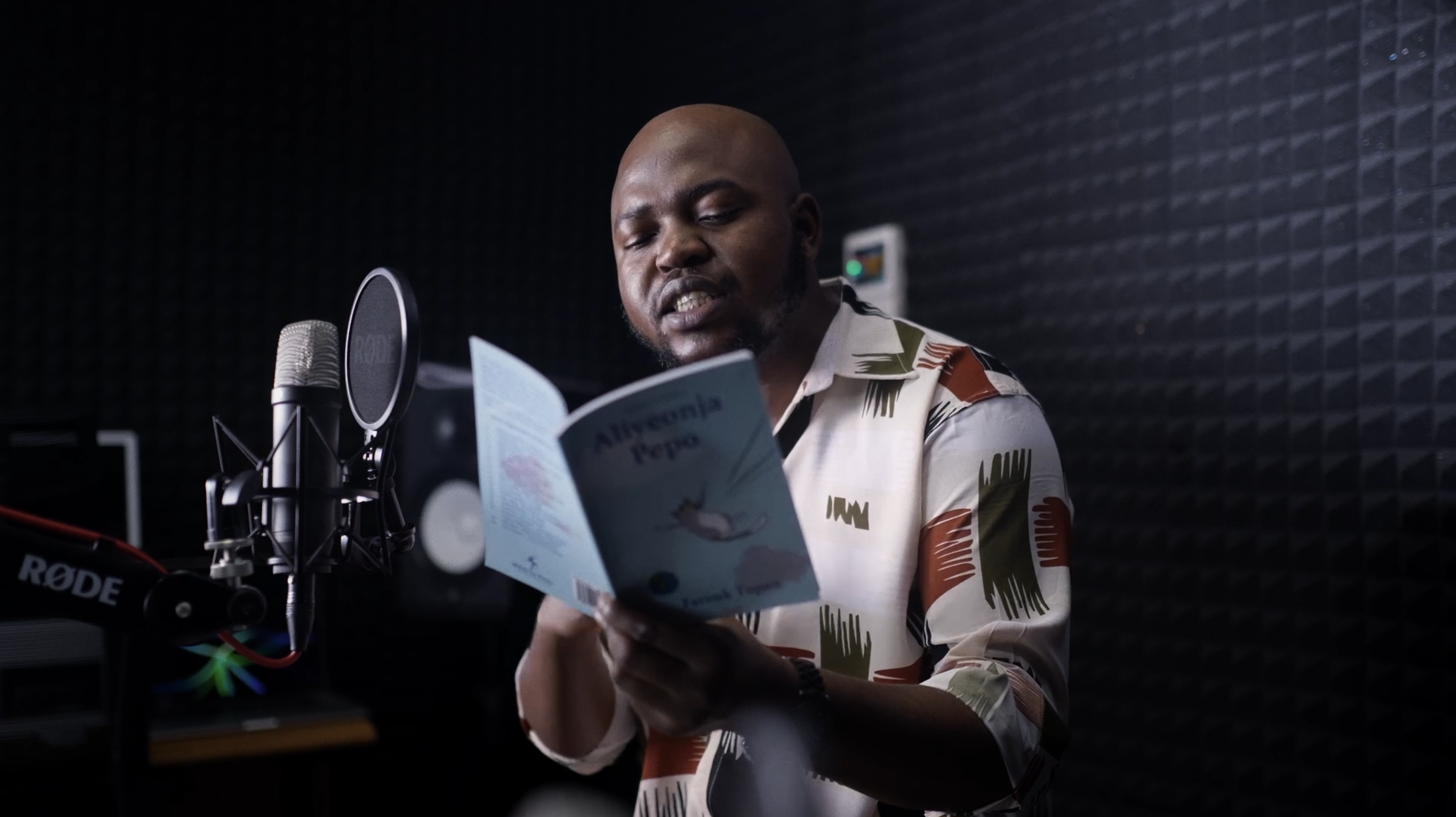

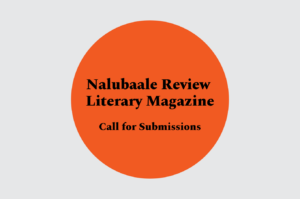





COMMENTS -
Reader Interactions